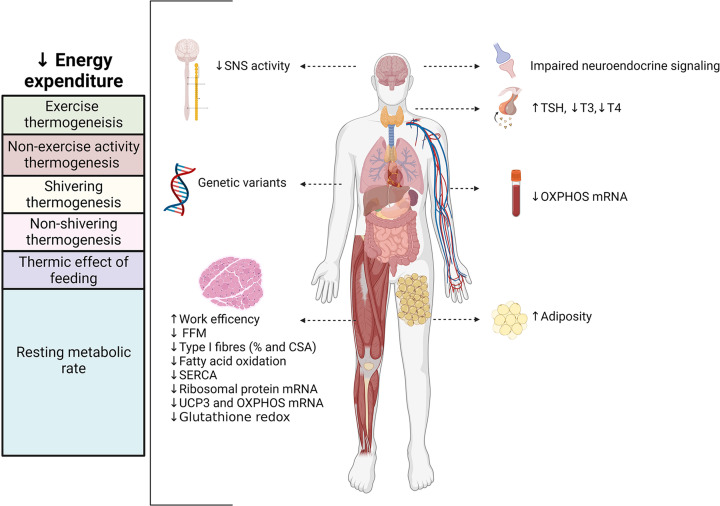Figure 1. Potential factors contributing to adaptive thermogenesis during weight loss and resistance to diet-induced weight loss.
Restricting energy intake can elicit metabolic adaptations in energy expenditure that oppose successful weight loss. The mechanisms that underlie adaptations in energy-expenditure are associated with genetic factors, decreased activity of the sympathetic nervous system (SNS), impaired neuroendocrine signaling, changes in thyroid hormones, and variations in body composition (loss of fat free mass [FFM]). Moreover, resistance to diet-induced weight loss is associated with lower expression of OXPHOS and ribosomal genes, diminished glutathione redox, less type I muscle fibers, and decreased oxidative capacity. Figure created with BioRender.com.

